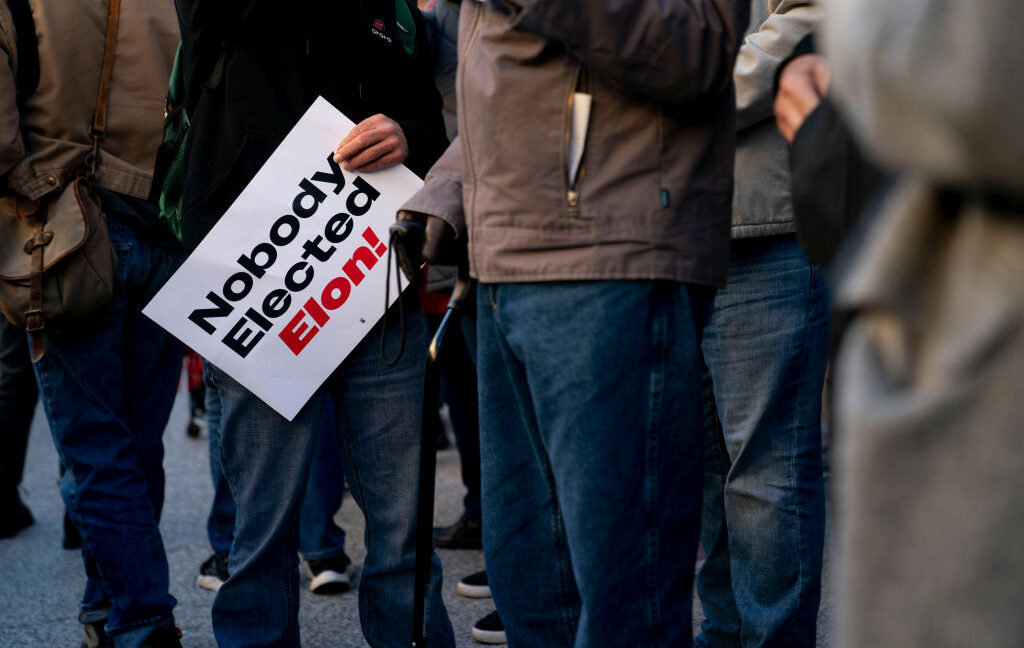Elez reports to Tom Krause, another Treasury Department special government employee, but Krause doesn’t have direct access to the payment system, Humphreys told the judge. Krause is the CEO of Cloud Software Group and is also viewed as a Musk ally.
But when the judge pressed Humphreys on Musk’s alleged access, the DOJ lawyer only said that as far as the defense team was aware, Musk did not have access.
Further, Humphreys explained that DOGE—which functions as part of the executive office—does not have access, to the DOJ’s knowledge. As he explained it, DOGE sets the high-level priorities that these special government employees carry out, seemingly trusting the employees to identify waste and protect taxpayer dollars without ever providing any detailed reporting on the records that supposedly are evidence of mismanagement.
To Kollar-Kotelly, the facts on the record seem to suggest that no one outside the Treasury is currently accessing sensitive data. But when she pressed Humphreys on whether DOGE had future plans to access the data, Humphreys declined to comment, calling it irrelevant to the complaint.
Humphreys suggested that the government’s defense in this case would focus on the complaint that outsiders are currently accessing Treasury data, seemingly dismissing any need to discuss DOGE’s future plans. But the judge pushed back, telling Humphreys she was not trying to “nail” him “to the wall,” but there’s too little information on the relationship between DOGE and the Treasury Department as it stands. How these entities work together makes a difference, the judge suggested, in terms of safeguarding sensitive Treasury data.
According to Kollar-Kotelly, granting a temporary restraining order in part would allow DOGE to “preserve the status quo” of its current work in the Treasury Department while ensuring no new outsiders get access to Americans’ sensitive information. Such an order would give both sides time to better understand the current government workflows to best argue their cases, the judge suggested.
If the order is approved, it would remain in effect until the judge rules on plantiffs’ request for a preliminary injunction. At the hearing today, Kollar-Kotelly suggested that matter would likely be settled at a hearing on February 24.


